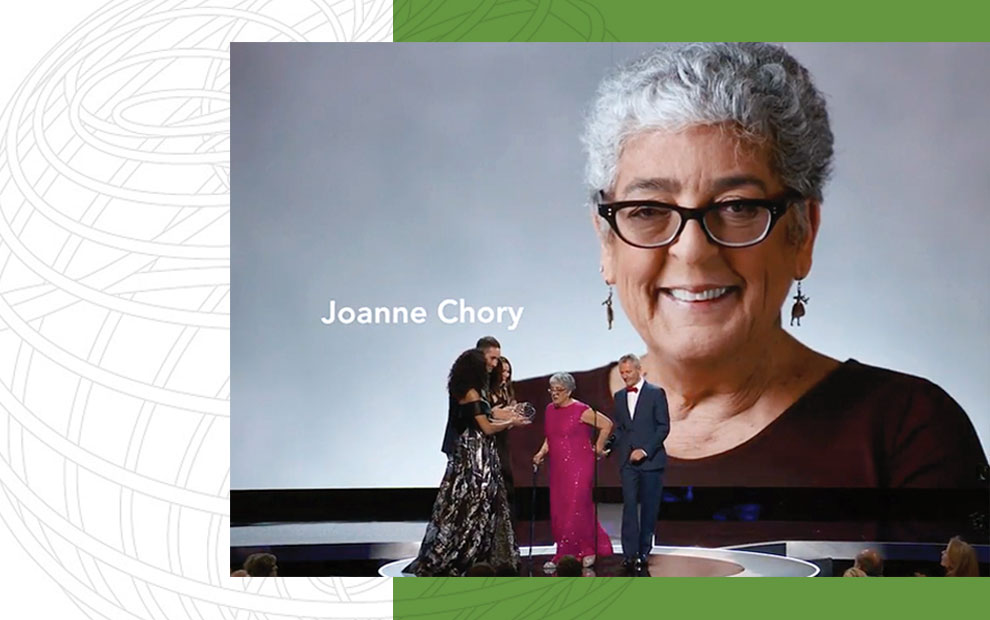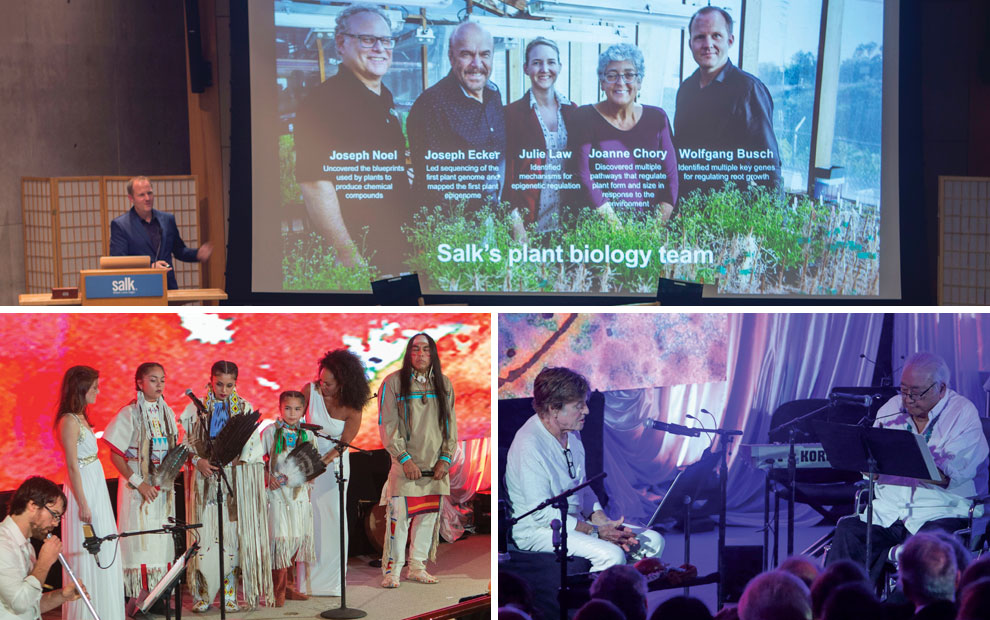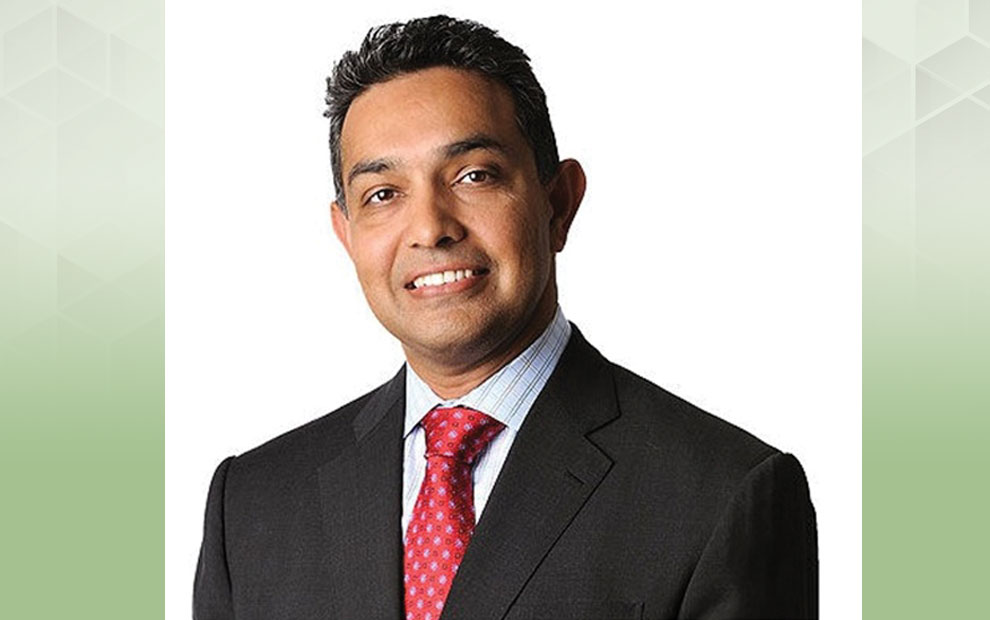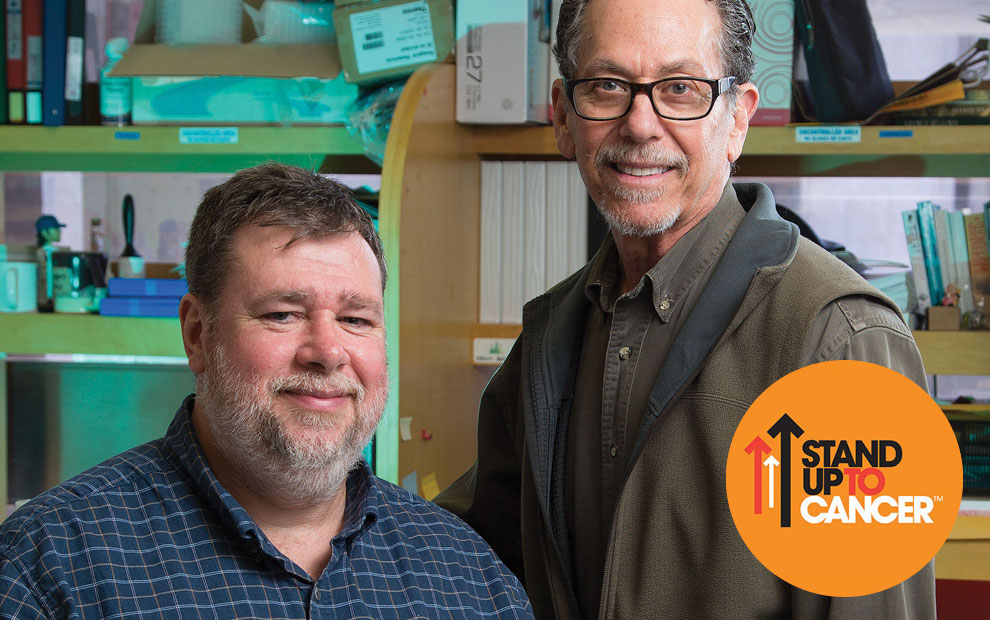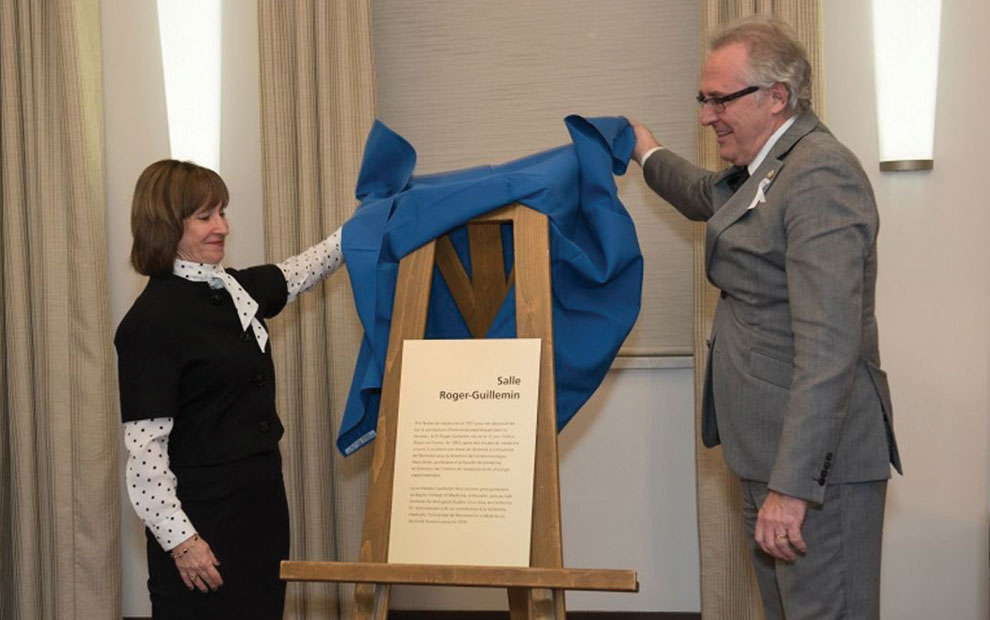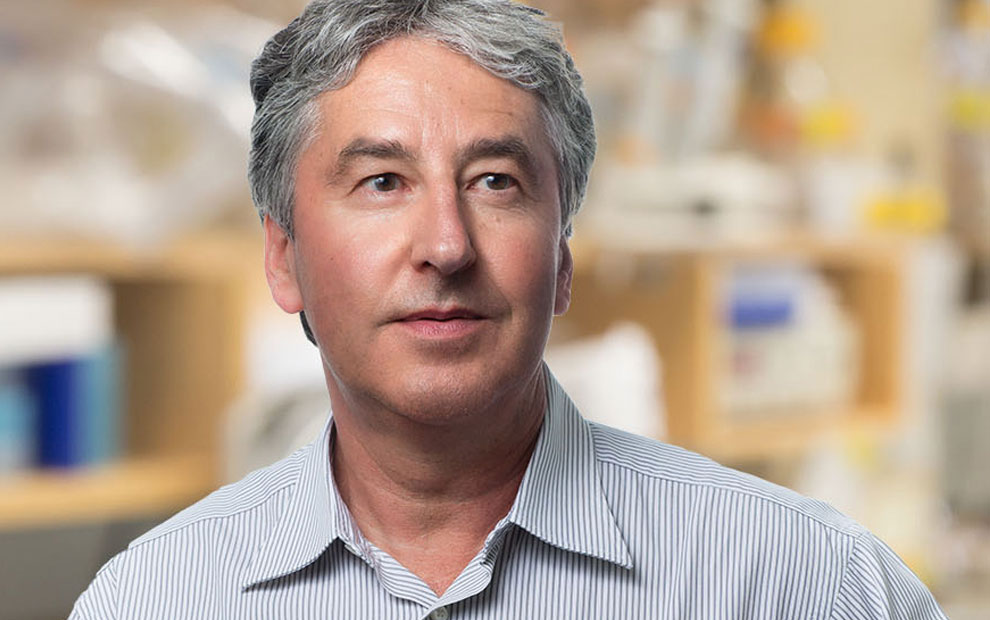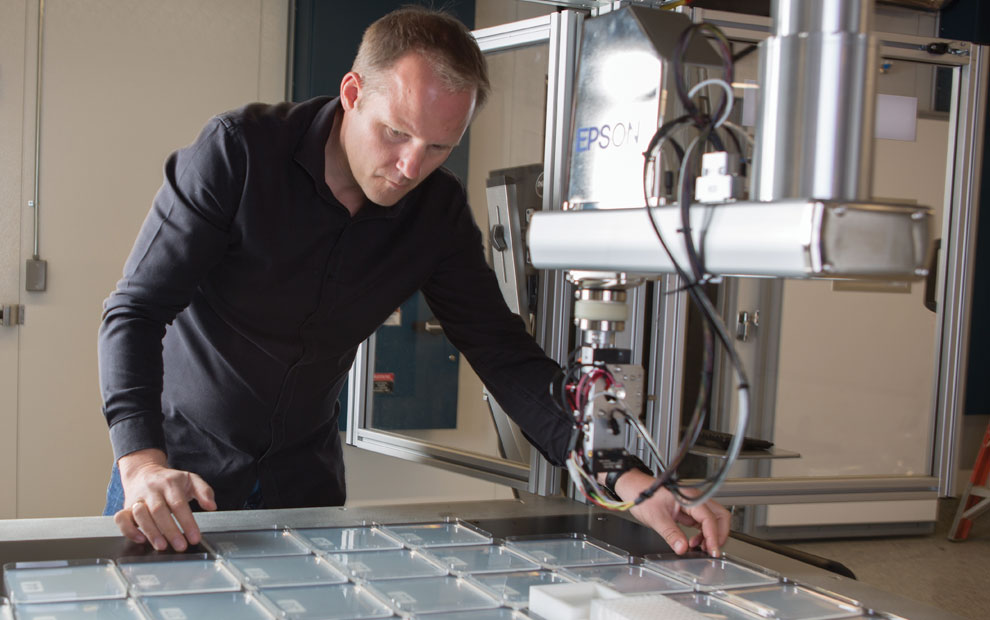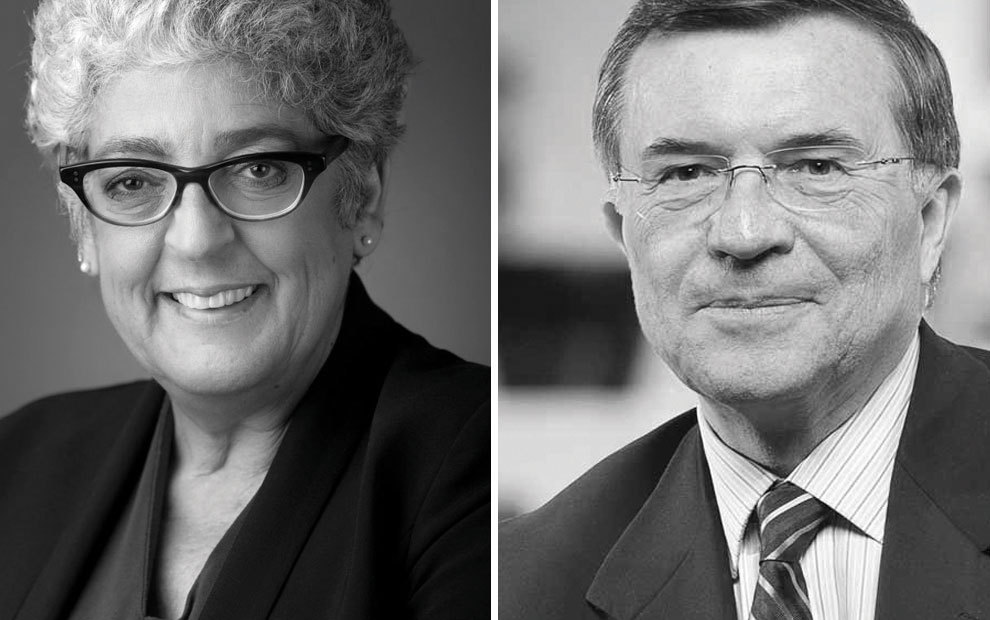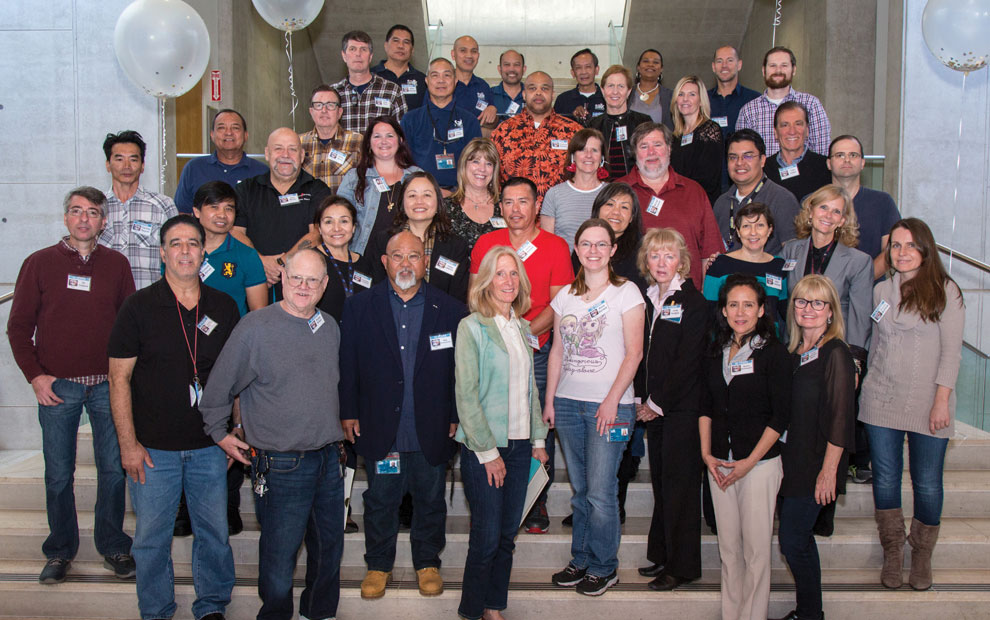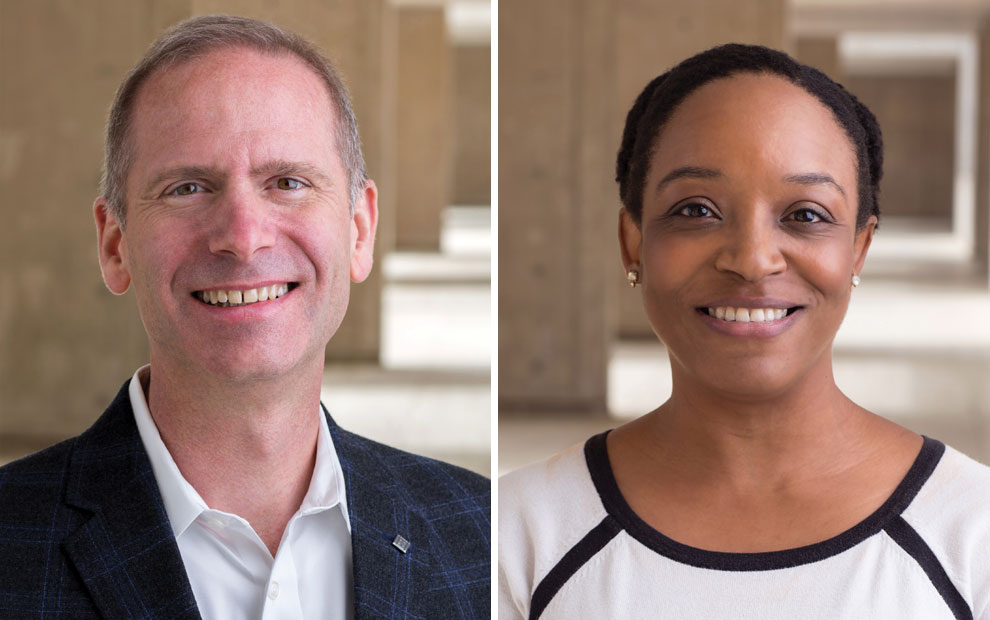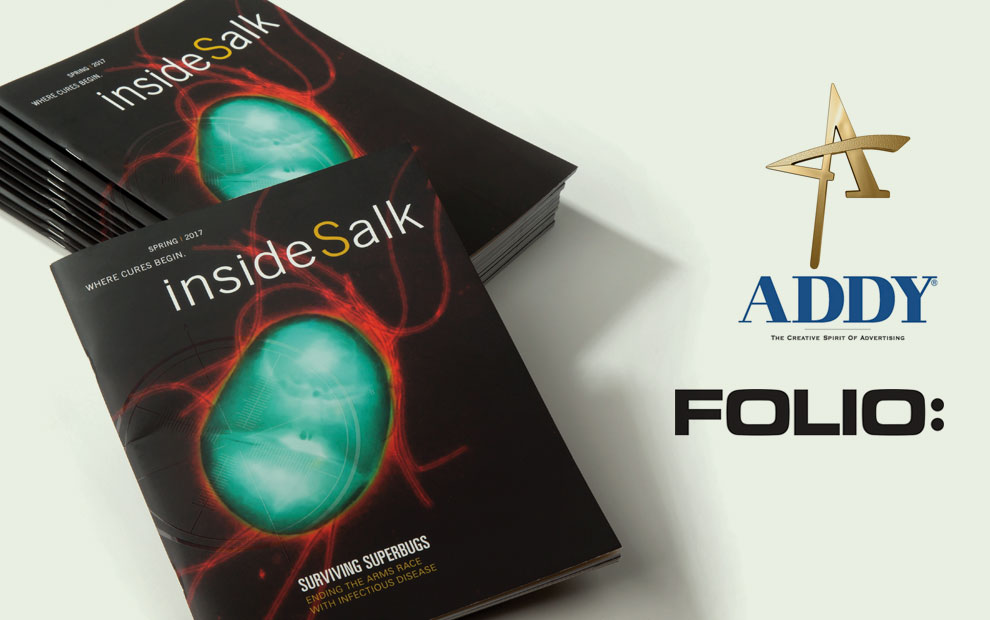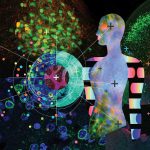Created in 2013 by Silicon Valley luminaries Sergey Brin and Anne Wojcicki, Mark Zuckerberg and Priscilla Chan, and Yuri and Julia Milner, this prestigious award honors top scientists for their achievements in the life sciences, physics and mathematics.
Chory, professor and director of the Plant Molecular and Cellular Biology Laboratory, received the $3 million prize on December 3, 2017, during a televised event at the NASA Ames Research Center in Mountain View, California.
Because plants are rooted in the ground, they must constantly adapt their shapes and sizes to an ever-changing environment. Chory has spent more than 25 years deciphering the mechanisms that help plants achieve this flexibility. She pioneered the use of molecular genetics to understand the mechanisms that help plants respond to their environments, leading to important discoveries that showcased how plants sense light and make growth hormones.
More recently, Chory teamed up with other plant biologists at the Salk Institute to turn their hard-won knowledge into practical solutions to tackle perhaps the greatest challenge facing the planet: climate change. They recently launched the Harnessing Plants Initiative to develop Salk Ideal Plants to help address human carbon dioxide emissions, declining agricultural yields and collapsing ecosystems. These plants may also help meet the rapidly growing human population’s burgeoning need for food and other plant products.
“Humanity is at a crossroads,” said Chory. “In the coming decades, as the human population increases from 7 billion to 10 billion or more, we are going to put incredible pressure on the planet’s ability to support us. Global warming is going to make providing for this population very difficult, if not impossible, and we desperately need ways to remove carbon from the atmosphere. Plants can be a critical part of the solution.”






















































